labor/economy
-
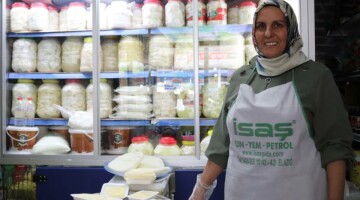
Sevim's famous cheeses sold abroad
Shortly after Sevim Bayatkara started her own business on dairy products in Çewlig (Bingöl), she managed to expand abroad. She has produced homemade cheeses and butter in her shop for years and she now sells them abroad.
-
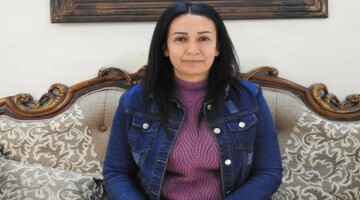
Women in Syria become economically stronger with their projects
The Committee for Women's Economy in Northern and Eastern Syria has launched projects to empower women economically. Armanc Muhemed, the manager of the committee, told us that their aim is to empower women to have their economic freedom.
-
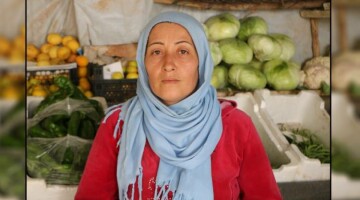
Hesna keeps working despite being forcibly displaced from Afrin
Hesna Mihemed Henan is one of the women, who have been forcibly displaced from Afrin. “Our forced displacement is the biggest violence against us,” she said.
-
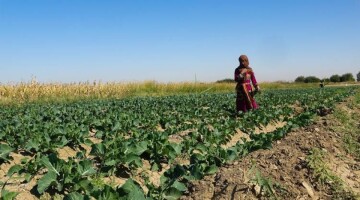
Female farmers of Deir ez-Zor strengthen their bond with soil by organizing
Female farmers of Deir ez-Zor keep working in agriculture despite the cut of the water supply of the Euphrates River by Turkey. They have dug water wells to water crops in order to not be forcibly displaced. Despite the difficult working conditions, the women of Deir ez-Zor are going to organize under the umbrella of the Farmers' Union.
-
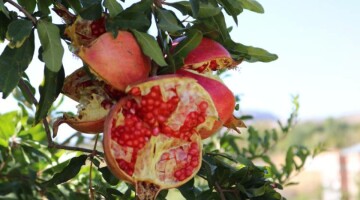
Women of Semsur make pomegranate syrup for living
After harvesting pomegranates, women of Semsur make pomegranate syrup to earn a livelihood. The yield of pomegranate reduces due to the drought compared to previous years, “This year our income is very low due to poor yield,” the women told us.
-
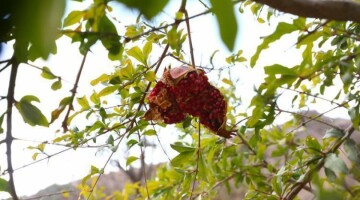
Pomegranate season in Hawraman
It is pomegranate season in the Hawraman region, which has a unique view in spring, winter, summer, and autumn.
-
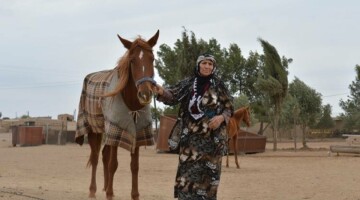
65-year-old Sacida Sileman takes care of horses for 40 years
Sacida Sileman, who has taken care of horses for 40 years, considers her horses like her children. Complaining about the hay shortage due to drought, Sacida Sileman expects support from the authorities.
-
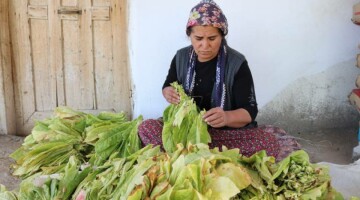
Tobacco producers to go hungry
Tobacco producers, who don’t have an “authorization certificate”, will be prohibited from planting tobacco in Turkey by the new law, which is expected to enter into force in January 2022. Xanım Katırcı, a tobacco producer, reacts to the ban, “We will go hungry because tobacco is our only means of living.”
-
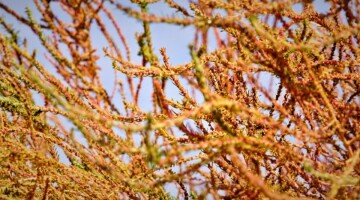
People of Til Heman village make brooms from heath
People living in the Til Heman village plant heathers to make brooms from the heath. “We have a communal life in our village,” said Xerma Şihada, one of the villagers.
-
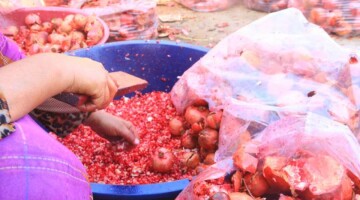
Arab women in Sûsa begin to harvest pomegranates
Pomegranate trees planted on thousands of acres of land shape life in Susa not only with their appearance but also with their yield. After ISIS took control of Deir ez-Zor, the city's economy based on pomegranate was greatly affected by this occupation; the pomegranate trees were burned and cut down. After the town was liberated from ISIS, Arab women planted pomegranate trees and they have harvested pomegranate fruits these days.
-
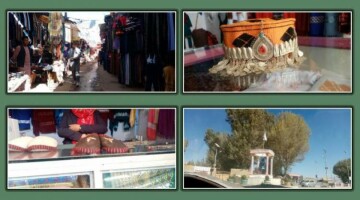
Women of Bamyan struggle to survive in Afghanistan
Bamyan is one of the cities situated on the ancient Silk Route. This city has hosted many civilizations for centuries. Women living in Bamyan resisting the practices of the Taliban, who confine Afghan women to their homes, are still struggling to survive. They struggle against not only the practice of the Taliban but also pandemic and economic crisis.
-
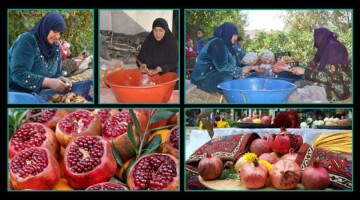
Season for pomegranates in Manbij: “There is a high demand”
Women living in the Manbij city of NE Syria earn a livelihood by making pomegranate juice. “Making pomegranate juice is not easy. Homemade pomegranate juice is healthier than factory-made pomegranate juice.”
-
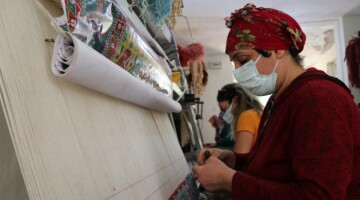
“We feel good when we produce,” say women weaving rugs
A group of women living in the Bağcılar district of Amed works in a rug workshop both to acquire a profession and to earn money. “Even though weaving rugs is a hard job, we feel good when we produce,” the women say.
-
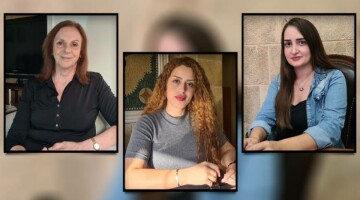
Unequal wages for equal work in Lebanon
Lebanese women react to unequal wages for equal work in Lebanon. Noting that there are some gaps in Lebanon’s Labor Law, the women call on the government to make regulations in the law.
-
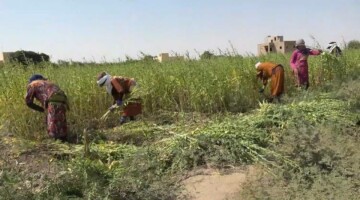
Harvest time for sesame seeds in Deir ez-Zor
Women of Deir ez-Zor, who begin to harvest sesame seeds, told us the products have been affected by Turkey's reducing the Euphrates River level.
-
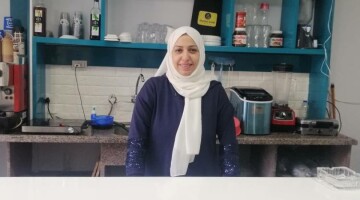
Ahlam's “Station” in Gaza
Ahlam Khadra decided to realize her dream when she was 40 years old. Her patisserie called “Station” becomes a famous place for women in Gaza.
-
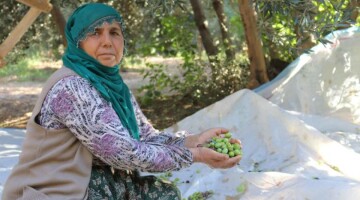
Olive yield lower than expected in Derik
In Derik, where the olive harvest season begins, people complain about the lower olive yield. “Olive yield is lower than before. There are some olives but they are small and wrinkled due to the shortage of rain,” said Zübeyde Kaya, the owner of one of the olive groves in the district.
-
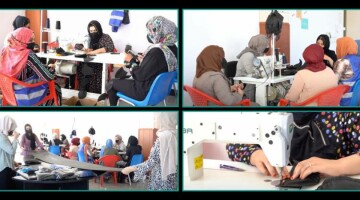
3 women of Halabja earn their living by making face masks
A group of women in Halabja earn their living by making face masks and aprons for health care workers. The produced face masks are sent to schools and hospitals.
-
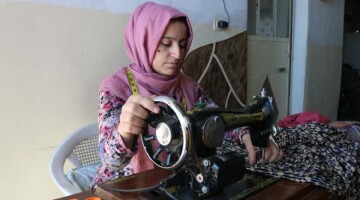
Young woman tailor wants to start her tailoring shop in Qamishlo
“Women should open up space to get their economic freedom and to develop themselves,” says 38-year-old Gulistan Xelef, who makes a living by tailoring.
-
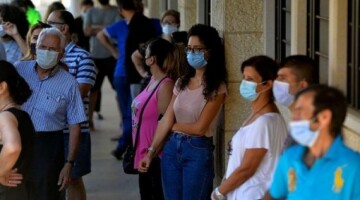
DİSK-AR: Unemployment rate of women in Turkey is 29.3 percent
The Research Center of the Confederation of Progressive Trade Unions of Turkey (DİSK-AR) has released its “Unemployment and Employment Outlook Report”. The rate of unemployment of women in Turkey is 29.3 percent; one in three young women is unemployed, according to the report.
